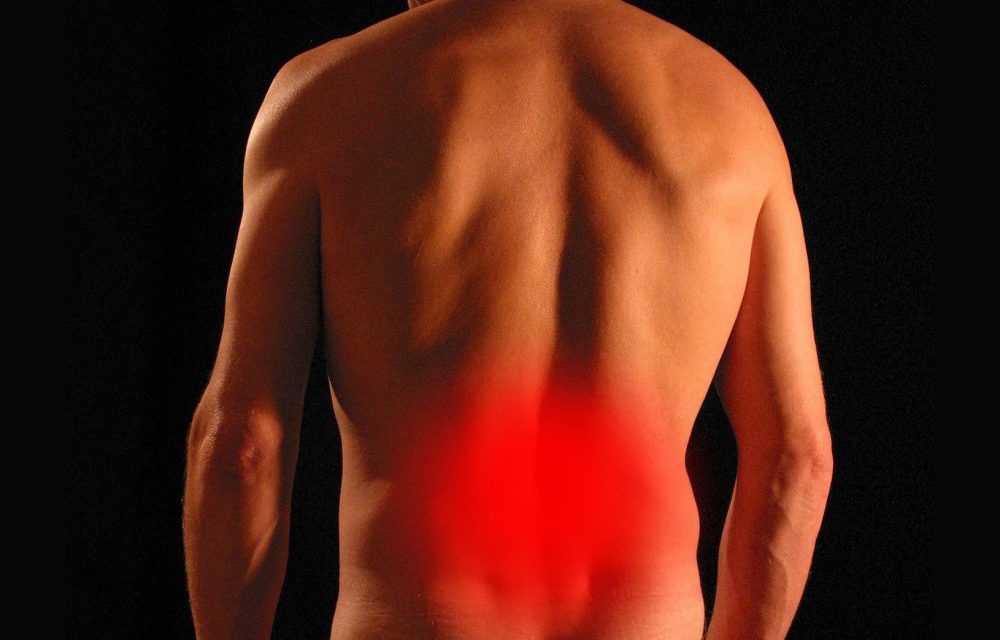Benefits Of Eating Organic
People in Sacramento, CA, come to Team-ISC for both nutrition coaching and physical training. When helping them with their diet and nutritional needs, many ask if there’s any benefit from eating organic food. There’s no clear-cut answer. While some data shows eating organic food is beneficial, other information shows it doesn’t matter. In most cases, it’s about the type of organic food you eat.
Not all non-organic food is unhealthy.
Organically raised food tends to be more expensive. You can save money by identifying produce not affected by the chemicals in herbicides, pesticides, and fertilizers. No genetically modified—GMO—is organic, either. The EWG—Environmental Working Group—tests produce throughout the country and creates two lists annually. The Dirty Dozen list has the most residue of chemicals you can’t wash off, and the Clean 15 list has no chemicals or minute amounts. To save money, choose organic produce on the Dirty Dozen list and opt for non-organic on the Clean 15 list.
There are more benefits to eating organic food besides avoiding chemicals.
The pesticides and herbicides that remain on the fruit or vegetable and can’t be removed by simple washing should be enough to make most people turn to organic food. Other reasons to choose organic produce include better nutrition. Commercial farmers don’t use compost or other organic methods to replenish the soil. They use a fertilizer containing just nitrogen, phosphorus, and potassium. That means the soil becomes depleted of many trace minerals that aren’t replenished. Studies reveal that fruits and vegetables grown today are lower in nutrients than they were 50 years ago.
It’s not just fruits and vegetables that are better.
When you consume animal products, you’re also eating what the animal ate. If they were pastured, you would get many of the same benefits that the animal gets from that diet. Commercially fed animals often have feed that wasn’t intended for an animal’s diet. Studies show that pastured cows produce dairy with heart-healthy benefits, the meat is also heart-healthy and rich in nutrients. Eggs from pastured hens have more nutrients.
- Non-organically raised animals may be given antibiotics or hormones. That can lead to antibiotic-resistant bacteria and hormonal problems. In order to be called organic, farmers can’t use growth hormones or antibiotics.
- To avoid pesticide residue, choose these foods from the Dirty Dozen list. They include strawberries, spinach, greens, peaches, pears, nectarines, apples, grapes, peppers, cherries, blueberries, and green beans.
- Save money and choose non-organic from the Clean 15 list. They include avocado, sweet corn, pineapple, onion, sweet peas, asparagus, honeydew melon, kiwi, cabbage, mushrooms, mango, sweet potato, watermelon, and carrots.
- All animal products from pastured cattle and other pastured livestock are higher in CLA—conjugated linoleic acid. It’s an omega-3 fatty acid that can lower the risk of heart disease and cancer. Eggs from pastured chickens also contain more omega-3 fatty acids and more vitamins A and E.
For more information, contact us today at Team-ISC









 Being addicted to the gym can be good or bad, depending on how you act on that addiction. If you love going and don’t miss a session, then it’s good. However, if you love going so much that you workout intensely for long hours every day, it might not be to your benefit. You can work out too much. What happens then? You actually lose ground, make exercising more exhausting and lose muscle mass in the process.
Being addicted to the gym can be good or bad, depending on how you act on that addiction. If you love going and don’t miss a session, then it’s good. However, if you love going so much that you workout intensely for long hours every day, it might not be to your benefit. You can work out too much. What happens then? You actually lose ground, make exercising more exhausting and lose muscle mass in the process.